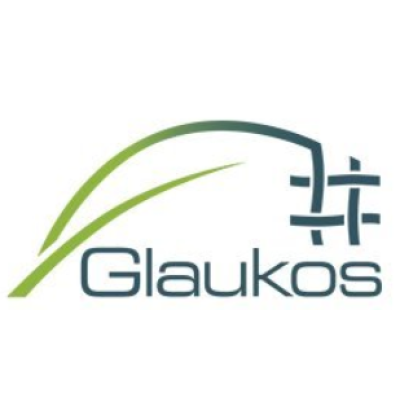
Glaukos
Circular solutions for the textile industry

Circular solutions for the textile industry
The presence of plastics and microplastics in the environment is an increasing cause for concern, particularly in the ocean. The problem is exacerbated by the fact that such plastics degrade very slowly, thus persisting in the environment. Notable sources of oceanic plastics and microplastics are fishing gear and clothing. Abandoned, lost or discarded fishing gear accounts for more than a quarter of all marine litter found in European seas. Fishing gear poses a particular danger, as it can entangle species such as sea turtles and seals. Microplastics, meanwhile, are ingested by sea life, including birds and fish and thus enter the food chain.
In order to address this issue, the GLAUKOS project will develop bio-based textile fibres and textile coatings – with a particular focus on fishing gear and clothing – that offer the required performance but avoid the current environmental persistence. It will develop polymers mainly consisting of bio-based building blocks. This material can influence degradation parameters, such as light-sensitivity and susceptibility to (bio)hydrolysis.
This will help the textile industry to migrate to a circular approach, reducing its carbon and plastic footprint. It will redesign the lifecycle of the textiles, enhancing their biodegradability and bio-recyclability while minimising microplastic leakage into the environment.
The overall objective of the GLAUKOS project is to provide the textile industry with the tools to mitigate environmental plastic and microplastic leakage and embrace the demands of the circular economy. Within this, it has a number of specific objectives. It will:
The GLAUKOS project will also set up Stakeholder Labs for the clothing and fishing gear industries to discuss end-user requirements.
By achieving its overall objectives, the GLAUKOS project will help in the battle to reduce the environmental impact of plastics and microplastics, particularly in oceanic environments, and help the textile industry in their transition towards a circular approach. In addition, it will also make contributions to specific BBI JU KPIs through:
In addition, the GLAUKOS project will bring specific environmental benefits. The textile products developed will reduce the carbon and plastic footprint over existing products. It will also dramatically reduce oceanic microplastic pollution. Furthermore, it will increase overall resource efficiency by valorising local bio-based feedstocks into IA and exploring use of end-of-life eco textiles as a feedstock in their own right.